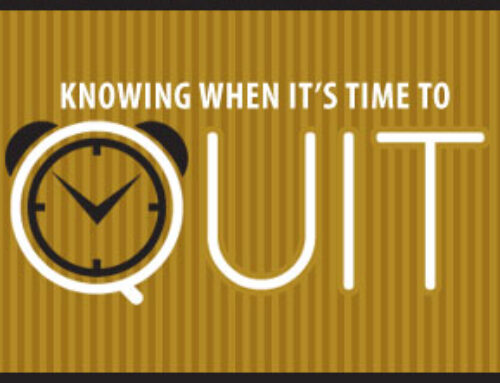Welcome to the Era of Exhaustion
If you’re like most people, during these days of COVID-19 you can’t fully access your knowledge, experience, skills and strengths.
Why? It’s brain science. When you’re low on energy, the first thing you lose is your executive function–affecting your ability to focus, analyze information, regulate your emotions, be innovative, and make smart decisions.
The good news is this: by putting aside just a bit of time each day, you can boost your own energy.
-
Got 5 seconds? Tap into gratitude.
 Tapping into a mindset of appreciation is a powerful way to help pull through difficult emotional situations. In fact, done frequently, expressing gratitude can literally change your brain, help increase well-being and productivity.
Tapping into a mindset of appreciation is a powerful way to help pull through difficult emotional situations. In fact, done frequently, expressing gratitude can literally change your brain, help increase well-being and productivity.
It makes sense. When you start to appreciate the world around you, your perspective becomes clearer. This allows you to better control negative feelings, focus your thinking, and shift more easily into goal-oriented behaviors.
What you can do right now:
Close your eyes and identify one thing you are grateful for. Take three deep breaths as you bring to mind the sights, sounds and smells associated with your gratitude.
This literally changes your brain chemistry, flushing out stress hormones and releasing a flow of energy hormones throughout your body, making you more creative and calm.
-
Got 2 minutes? Make a micro-connection.
When you experience a moment of connection with someone, this releases feel-good, high-performance hormones in the brain–elevating your energy and giving you that quick boost you need.
And not only that: The limbic system of your brain (the emotional center) is an open-loop system. This means emotions can be contagious when people communicate face-to-face. In fact, studies have shown that through quality conversation, the heart rates of two people can actually mirror each other.
What you can do right now:
Talk to somebody! The key is in ensuring you engage in meaningful conversation.
Instead of asking people how they’re doing, ask them what they’re doing–that is, what they are interested in lately. Show genuine curiosity, be mindful and present, and don’t get easily distracted. Acknowledge what matters most to the other person. Then, share what matters most to you.
-
Got 5 minutes? Dump the depleters.
Your brain has a limited amount of “RAM”–and will become bogged down if too many “applications” are open at the same time.
Distractions such as too many meetings, multi-tasking between projects, and the ongoing need to pay continuous partial attention exhaust your brain’s ability to continuously produce quality work.
What you can do right now:
Dump your undone tasks in a task management system or simple to-do list. This will reduce the “Oh, I’d better remember to do that!” type of messages that tend to flare up at the most inopportune times, interrupting you in the middle of flow.
And don’t forget about employees: you can help manage their energy by minimizing the number of meetings you hold at the office.
-
Got 10 minutes? Rewire your energy.
Brain science shows we feel before we think. Negative emotions deplete your energy, making you less focused and less likely to get things done.
However, there is a way to essentially “rewire” your brain to suppress and better control those unwanted and unhelpful feelings. It requires strengthening your anterior cingulate, which is essentially the “clutching mechanism” between your rational and emotional brain.
What you can do right now:
Find ten minutes every day to sit, focus on your breathing, and observe your thoughts and emotions. While breathing out, say aloud one of these words: peace, gratitude, or compassion.
As with the five-second gratitude exercise above, meditation is perfect for a quick energy boost, allowing you to get immediately back to the task at hand.
-
Got 20 minutes? Install power generators.
Your body consists of mitochrondria, which are like micro-power plants embedded in your muscle tissue. The more mitochondria in your body, the more energy you feel.
Lean muscle mass holds up to ten times more mitochrondria than “soft” muscle mass. So, anything you can do to stress your muscles and make them a little leaner will help your body grow more mitochondria, and produce more energy.
What you can do right now:
Try this 20-minute mito-making workout–no gym equipment required!
- Warm up with 5 minutes of light stretching.
- Do 30 seconds of burpees.
- Rest for 90 seconds.
Do the above steps five times. Then, cool down with five minutes of light stretching.
Thanks for your Wisdom Brady Wilson




